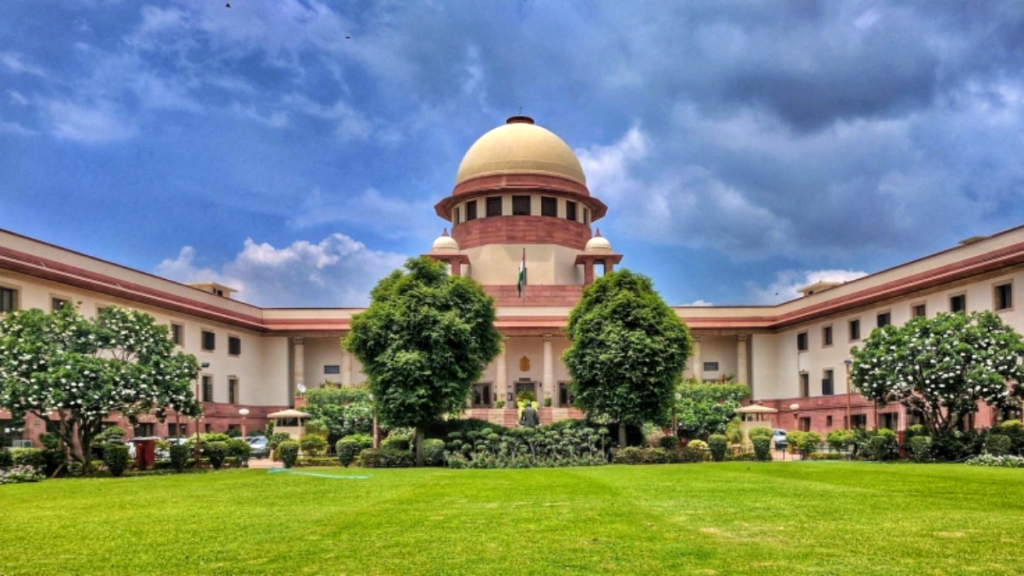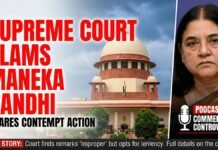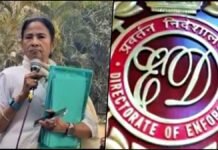
In a significant move, the Supreme Court on Wednesday concluded suo motu proceedings concerning controversial remarks made by Karnataka High Court Justice Vedavyasachar Srishananda. The remarks, deemed objectionable, were addressed by a five-judge bench led by Chief Justice of India (CJI) DY Chandrachud.
Apology Acknowledged
The bench, which included Justices Sanjiv Khanna, B R Gavai, Surya Kant, and Hrishikesh Roy, took note of the public apology issued by Justice Srishananda in open court on September 21. The judge had sparked controversy after reportedly referring to a Muslim-majority area in Bengaluru as “Pakistan” and making offensive comments towards a woman lawyer during separate court proceedings.
Chief Justice Chandrachud emphasized the gravity of such comments, stating, “We cannot refer to any part of the territory of India as Pakistan.”
Supreme Court Sets Clear Guidelines for Judicial Remarks
In its ruling, the bench laid down critical guidelines, cautioning judges to avoid making casual remarks that may reflect personal biases, particularly when such comments could be interpreted as misogynistic or prejudicial toward specific communities.
“Casual observations may well reflect a certain degree of individual bias, particularly when they are likely to be perceived as directed at a particular gender or community,” the court noted. The Supreme Court stressed that such remarks could harm public trust in the judiciary.
The Controversy: Viral Video and Public Outcry
The case gained national attention after a video clip of Justice Srishananda’s court interactions went viral on social media. In the clip, the judge was seen reprimanding a woman lawyer, reportedly making objectionable comments during her intervention in a hearing. In another instance, the judge referred to a Muslim-dominated locality in Bengaluru as “Pakistan” while hearing a landlord-tenant dispute, sparking widespread outrage.
On September 20, the Supreme Court took suo motu cognizance of the matter, recognizing the need for a higher judicial body to examine the seriousness of the remarks.

Karnataka High Court’s Role: Registrar General Asked to Submit Report
In a move to ensure thorough examination, the Supreme Court requested the Registrar General of the Karnataka High Court to submit a detailed report after seeking administrative directions from the Chief Justice of the High Court of Karnataka. This report is expected to provide further insights into the circumstances surrounding the controversial comments.
The Supreme Court’s conclusion of these proceedings serves as a reminder of the careful conduct expected of judges and reinforces the judiciary’s commitment to unbiased and respectful courtroom proceedings.














































